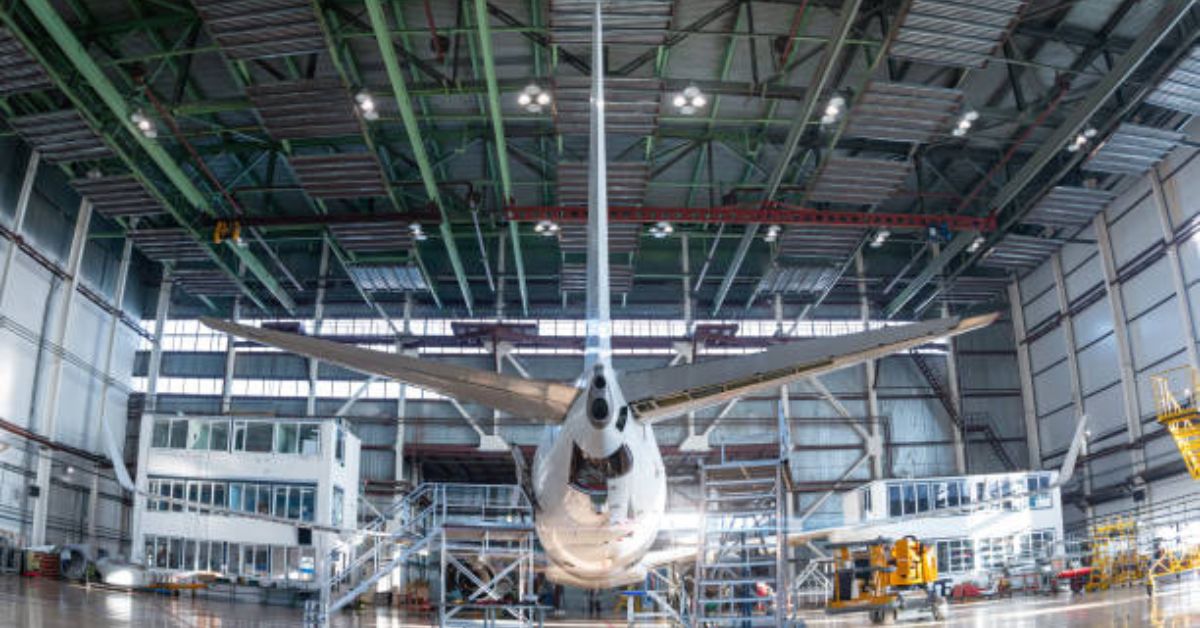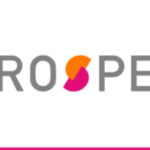In the rapidly evolving world of technology, Precision Technologies International (PTI) stands out as a key player driving advancements in high-precision engineering and manufacturing solutions. For companies in aerospace, automotive, healthcare, and beyond, PTI provides the critical infrastructure necessary to stay ahead of the curve. In this article, we’ll delve into what precision technology entails, how PTI has positioned itself in the industry, and the innovative tools and processes it offers.
What is Precision Technology?
At its core, precision technology refers to the techniques and tools used to create extremely accurate and finely-tuned parts or systems. This field covers a broad spectrum of industries and applications, including microelectronics, medical devices, and aerospace engineering. The goal is to produce components and systems that meet extremely tight tolerances—sometimes to the sub-micron level.
Why is Precision Important?
Precision is crucial in modern engineering and manufacturing because even the smallest inaccuracies can lead to failures, inefficiencies, or safety risks. In industries like aerospace, where accuracy and reliability are paramount, precision ensures that every part works seamlessly with others, minimizing wear and tear and preventing accidents.
For instance, in medical technology, precision engineering is used to produce implants and surgical tools that fit perfectly into the human body. In the automotive world, precision technology allows manufacturers to create engines and parts that are both more efficient and reliable.
Precision Technologies International: A Global Leader
Precision Technologies International is known for its cutting-edge capabilities in high-precision engineering, tooling, and component manufacturing. By adopting the latest technological innovations, PTI delivers solutions that address the most demanding challenges in the manufacturing world.
PTI provides high-performance, custom-built tools and precision-engineered parts to various sectors. Its offerings range from precision grinding tools to aerospace components, ensuring that manufacturers have the necessary tools to produce components that meet strict tolerances and high standards.
Industries Served by PTI
- Aerospace
- Automotive
- Medical Devices
- Telecommunications
- Electronics
In the aerospace industry, for example, the ability to produce precision components is critical to the performance and safety of an aircraft. PTI offers ultra-precision machining tools that help manufacturers create parts that perform under extreme conditions, such as high temperatures and pressure changes.
In the medical device industry, where life-saving equipment is built, precision ensures that every instrument and implant meets stringent quality and performance standards. PTI works closely with healthcare technology companies to produce surgical tools, prosthetics, and other devices that are crucial to patient care.
Key Technologies at Precision Technologies International
PTI employs a suite of state-of-the-art technologies designed to improve precision and efficiency in manufacturing. Here are some of the most notable tools and technologies used by PTI:
1. CNC (Computer Numerical Control) Machining
CNC machining is one of the most commonly used tools in precision manufacturing. It allows for automated control of machining tools, ensuring accuracy down to the smallest detail. PTI uses advanced CNC machining systems to produce parts that meet tight tolerances and specifications.
For example, CNC machines can manufacture components with tolerances as small as 0.001 mm. In industries such as telecommunications or medical technology, even a tiny variation can make a significant difference in the performance of a device.
2. 3D Printing & Additive Manufacturing
Additive manufacturing (often referred to as 3D printing) has revolutionized the precision manufacturing industry. This technology allows PTI to create complex parts with intricate geometries that would be difficult, if not impossible, to produce using traditional methods.
3D printing also reduces waste by using only the materials needed to build a part, making the manufacturing process both cost-efficient and environmentally friendly.
3. Laser Cutting and Machining
Laser cutting and machining are crucial in industries where high precision and clean edges are required. PTI uses laser technology to cut materials like metal, plastics, and ceramics with incredible accuracy.
This technology is widely used in the electronics industry to create circuit boards and tiny components that are crucial for modern electronics. It’s also commonly used in automotive manufacturing to produce lightweight, strong materials for fuel-efficient vehicles.
4. Metrology and Quality Control
One of the challenges of precision manufacturing is maintaining consistent quality across large production runs. PTI uses metrology, or the science of measurement, to ensure that every part produced meets its exact specifications.
PTI employs advanced metrology tools, such as coordinate measuring machines (CMM) and laser scanners, to verify the accuracy of components. These systems can detect deviations as small as a few microns, ensuring that every part is of the highest quality.
Benefits of Precision Technologies International
Partnering with PTI offers several significant advantages to manufacturers across various industries:
1. Increased Efficiency
By leveraging cutting-edge technologies like CNC machining and additive manufacturing, PTI helps companies reduce lead times and improve productivity. These technologies allow for faster prototyping and shorter production cycles, which means businesses can bring their products to market more quickly.
2. Cost Savings
While precision manufacturing may seem expensive initially, it can lead to substantial cost savings in the long run. Producing high-quality parts that meet tight tolerances reduces the likelihood of defects or failures, minimizing downtime and expensive repairs.
Furthermore, 3D printing and additive manufacturing can lower material costs by reducing waste and allowing for more efficient use of resources.
3. Consistency and Reliability
PTI’s focus on precision ensures that every part produced meets the same high standards, regardless of the size of the production run. This level of consistency is particularly critical in industries like aerospace and medical technology, where reliability and performance are non-negotiable.
4. Cutting-Edge Innovation
By staying at the forefront of technological advancements, PTI allows its partners to benefit from cutting-edge innovations in precision manufacturing. Whether it’s using AI-driven machines or advanced 3D printing techniques, PTI’s commitment to innovation ensures that its clients can compete in an ever-evolving market.
Future Trends in Precision Technology
As industries continue to demand higher precision and efficiency, PTI is embracing emerging technologies that will shape the future of manufacturing:
- AI and Machine Learning: Predictive analytics and automation will drive efficiency by optimizing manufacturing processes and reducing downtime.
- Nanotechnology: Precision technologies are moving into the nano-scale, enabling manufacturers to create incredibly small yet complex parts.
- Sustainability: As environmental concerns grow, PTI is focusing on technologies that reduce waste and energy consumption in manufacturing processes.
Conclusion
Precision Technologies International is a leader in the global shift towards high-precision manufacturing. From CNC machining to additive manufacturing, PTI offers a comprehensive range of tools and services that empower companies to meet the ever-growing demands for accuracy, consistency, and reliability.
For industries like aerospace, healthcare, and telecommunications, the expertise and technology provided by PTI are not just an asset—they are essential to staying competitive in today’s technology-driven world. As precision technology continues to evolve, PTI stands at the forefront, offering the solutions needed to navigate the complexities of modern manufacturing.










